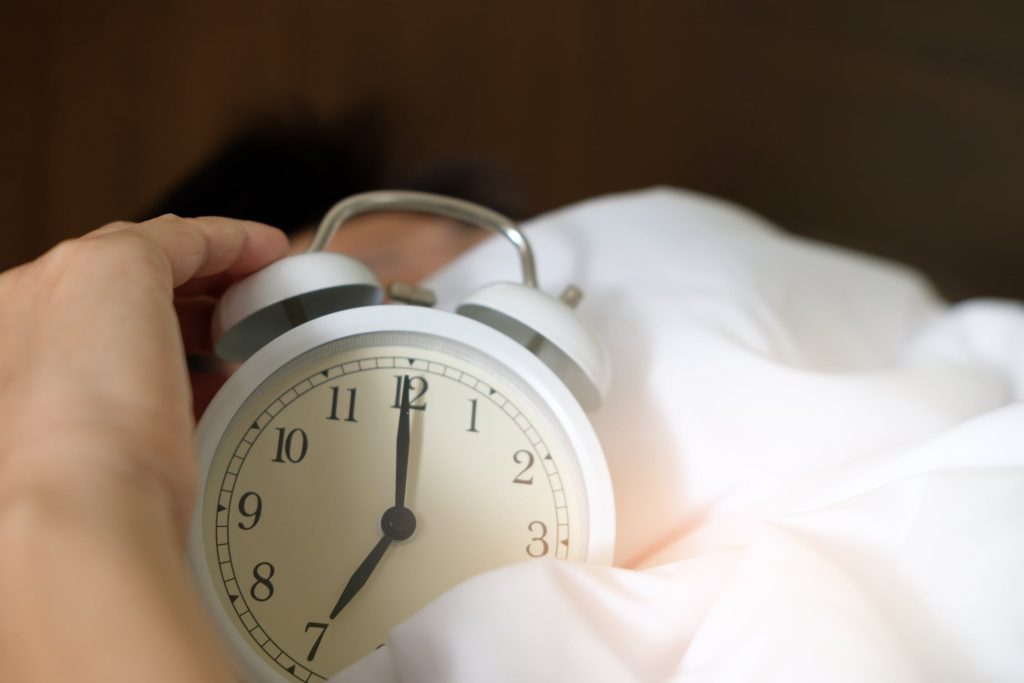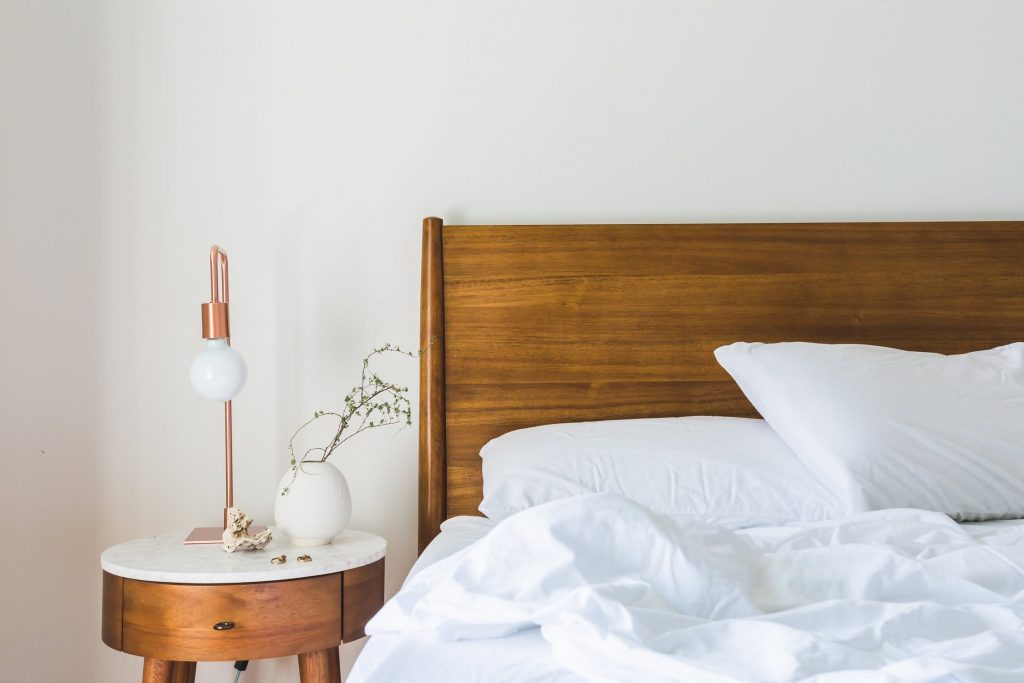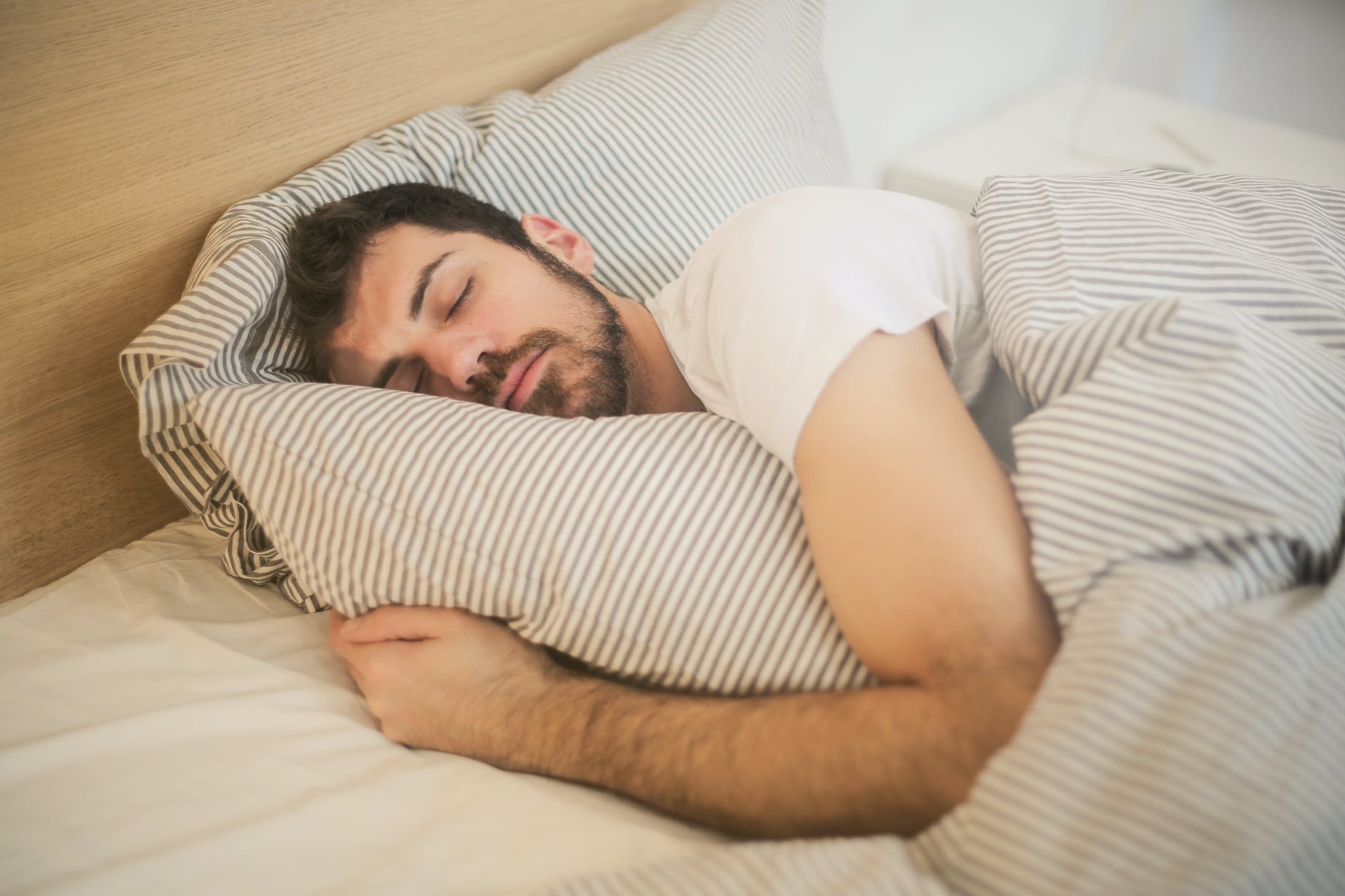Making small changes to your lifestyle to have a good night’s sleep can immediately benefit your mental and physical wellbeing. If you have trouble falling and staying asleep each night, these tips could make a significant difference. They cover everything from your routine as you go to bed and sleep/wake tips, to your habits during the day.
Keep reading to learn about different ways you can improve your sleeping habits to more easily fall asleep and get a better night’s rest.
Using CPAP Therapy to Get Better Sleep
As sleep apnoea episodes will cause you to wake up in the night and have trouble sleeping, using a CPAP machine to avoid this will eliminate fatigue the following day. A CPAP machine can help to keep your airways open as you sleep, allowing your body to stay asleep without snoring and breathing difficulty. Using a machine will allow you to stay rested overnight with no interruption, so you are energised during the day.
How To Use Your CPAP Machine Effectively
To get the most out of your CPAP machine, there are multiple changes you can make to optimise your sleeping at night.
Sleeping in the right position when using a CPAP machine will make a considerable difference in helping you get a better night’s sleep. According to Sleep Better Council, sleeping on your side is the best way to keep airways open and stable. Using your CPAP machine while in this position will help to minimise snoring and contributes to strong airflow.
It is also extremely important to make sure you use your CPAP machine consistently to achieve a better night’s sleep. – make it a habit every night before you go to bed. Skipping a night of using the machine can disrupt the benefits of CPAP therapy. As your airways are no longer assisted by your CPAP machine, it will be harder for your body to stay in a deep sleep. This will impact your day as you will lack energy from an interrupted sleep.
By making sure you use your CPAP machine every night, you can also avoid the closing of airways which impacts breathing throughout the night and during the day. Ensuring that you use CPAP therapy every night will allow you to breathe easily at all times.
Other Things You Can Do to Sleep Better
Exercise

Incorporating a form of exercise into your daily routine can help you get a better night’s sleep. By increasing movement and time spent outdoors, your body is more likely to be able to sleep without interruption. Exercise also helps to reduce stress, which may make it easier for you to clear your mind and fall asleep faster.
Any form of exercise that you enjoy can help you sleep better. Whether that’s a high intensity session at the gym or a walk around your neighbourhood, integrating more movement into your lifestyle will help your body to switch off at night.
If you struggle to find time to exercise consistently throughout the week, there are other small changes you can make too. Increasing the time you spend standing up is an easy way to add more movement to your day to ensure your body is tired when it’s time to sleep. You can do this simply by doing some of your work standing up, standing up on public transport, or only making phone calls while on your feet. By doing so, your body is spending less time sitting down and more time moving. Taking the stairs and walking instead of driving where possible are also ways to help you move more within your busy schedule.
Having a Consistent Sleep Schedule

If you exercise regularly and still have trouble having a good sleep, you might need to make sure your sleeping times are more consistent. Going to bed and ensuring you get out of bed at roughly the same time each day allows your body to know when to switch off and rest. This may help by increasing your time spent in a deep sleep, making sure you sleep well and minimising the likelihood of waking up throughout the night.
Following a regular sleep routine at the same time before going to sleep may help to make it easier to wind down and could save you from lying in bed unable to fall asleep. To do this, make sure you avoid anything that may cause stress or excitement at night – at least 20 minutes to an hour before bed. This includes your phone, laptop, music and food. Replace these with reading a book or meditating. Not to mention, before going to bed you should be sure to avoid alcohol and caffeine if you want to get a good sleep. When it’s time to fall asleep, you can avoid having trouble sleeping as your body will have a better understanding of your sleep schedule and it will be easier for you to fall and stay asleep.
Making Sure You Are in a Sleep Friendly Environment

Another important factor to consider is whether you are in a sleep friendly environment – this includes your bed, the atmosphere of your bedroom, and the activities you may associate with your bed throughout the day.
Firstly, make sure your bed is comfortable. This might involve making sure you have a mattress that you can sleep comfortably on, as well as sheets and covers that are pleasant and fit your temperature requirements. Your bed covers should leave you with enough room to stretch, but whether they are tucked tightly into your bed or loose will come down to your personal preferences.
When considering the atmosphere of your room, an interesting point to take into account is that the optimal temperature of your room is roughly between 15 – 20 degrees celsius. As you get into bed and try to sleep, your body temperature will decrease in order to initiate sleep. Keeping your room at the right temperature can help this sleep process. Other factors that might come down to personal preference include whether you sleep with a fan on, use an air humidifier, wear an eye mask, or fall asleep to calming sounds such as white noise or rain sounds.
Finally, when it comes to the activities you may associate your bed with, doing things such as using your phone or watching television in bed can train your brain to wake up and work harder when you get into bed. If you find that you can’t sleep and need to take some time to distract yourself before trying to fall asleep again, get out of bed and try to stick to activities that don’t involve a screen. An additional point to add here is that you may want to consider using a blue light filter on your devices – some studies indicate that these may increase melatonin production during the evening, and will help you fall asleep.
Conclusion
To conclude, incorporating these healthy sleep changes into your lifestyle can assist you in falling asleep faster and staying in a deep sleep for longer, which can greatly impact your mood and alertness during the day.
If you use your CPAP machine effectively combined with adding more movement to your day and following a sleep routine at night, good sleep will follow. With help like this in ensuring you get a good night’s sleep, you will see benefits to your energy levels and mental health throughout the day.
To learn more about purchasing and using a CPAP machine, check out our articles linked below.

